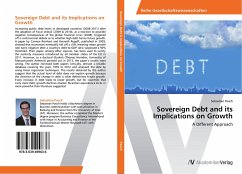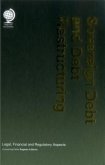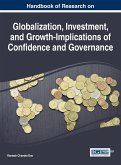Increasing public debt levels in developed countries (2008-2011) after the adoption of fiscal stimuli (2009 & 2010), as a reaction to possible negative consequences of the global financial crisis (2008), triggered off a controversial debate as to whether high debt harms future growth. A paper by Carmen Reinhart and Kenneth Rogoff, published in 2009, showed that economies eventually fall off a cliff, meaning mean growth rate turns negative after a country's debt-to-GDP ratio surpassed a 90% threshold. Their paper, among other sources, has been used to justify the austerity measures introduced by all member states of the EU in 2011. However, as a doctoral Student (Thomas Herndon, University of Massachusetts Amherst) pointed out in 2013, the paper s results were wrong. The author reviewed both papers critically, derived a reliable database covering the years 1955 to 2012 and analyzed the data by using linear regression techniques. The results obtained by the author suggest that the actual level of debt does not explain growth because the direction of the change in debt is what determines future growth. Every increase in debt leads to lower growth, but for countries that carry more debt, growth declines sharper. Ricardian equivalence kicks in more powerful than literature suggested.
Bitte wählen Sie Ihr Anliegen aus.
Rechnungen
Retourenschein anfordern
Bestellstatus
Storno








